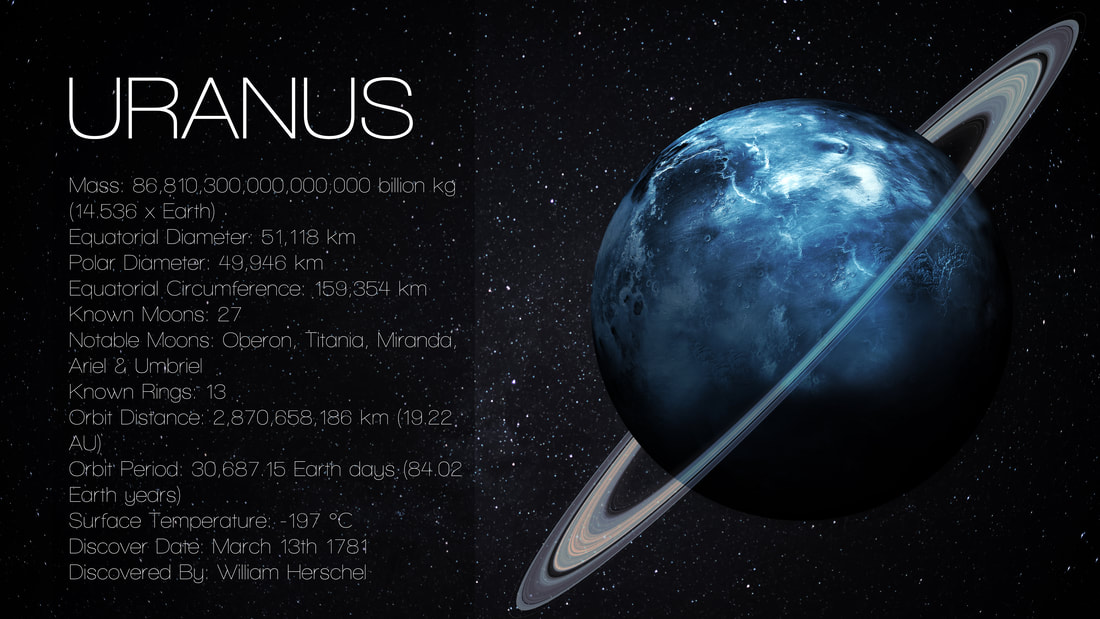ACADEMIC LISTENING TEST PRACTICE
GEORGE'S STAR
GEORGE'S STAR
For Students Preparing for Academic Tests / IELTS and TOEFL
Listen as you read the script.
Playing Time: 2 minutes 56 seconds
The person who first gave the name "George's Star" to Uranus was Sir William Herschel. Sir William was a German-born British astronomer and musician who discovered Uranus on March 13, 1781 while observing the night sky with a telescope he had built himself. At the time of its discovery, Uranus was the first planet to be discovered since ancient times. It was initially referred to as "George's Star" in honor of King George III of Great Britain, who had appointed Herschel as court astronomer.
Herschel initially believed that Uranus was a comet, but later realized that it was a planet. He proposed the name "Georgium Sidus" (George's Star) to the Royal Society in 1783, in honor of King George III. However, this proposal was not widely accepted.
The general public reaction to Herschel's discovery was one of excitement and curiosity. Many people were fascinated by the idea of a new planet and were eager to learn more about it. However, there was also some skepticism, as many people were not convinced that a new planet had been discovered.
Despite Herschel's proposal, the name "Uranus" was eventually chosen by Johann Bode, a German astronomer, who in 1783 suggested the name Uranus. Uranus is the Greek god of the sky and the father of Saturn. Bode suggested this name as a reference to the ancient mythology associated with the sky and the fact that Uranus was the first planet discovered since ancient times.
It took some time for the name Uranus to catch on, but by the end of the 18th century, it had become the accepted name for the seventh planet from the sun. The name Uranus was officially adopted by the International Astronomical Union in 1850.
William Herschel was not only a renowned astronomer, but also an accomplished musician and a skilled telescope maker. He built many telescopes during his lifetime, including one with a 48-inch mirror that was the largest telescope in the world at that time. He also discovered two moons of Uranus, Oberon, and Titania, in 1787 and also discovered infrared radiation. He was awarded many accolades during his lifetime, including being knighted by King George III in 1816. Herschel's work greatly advanced our understanding of the universe, and he continues to be celebrated to this very day.
Herschel initially believed that Uranus was a comet, but later realized that it was a planet. He proposed the name "Georgium Sidus" (George's Star) to the Royal Society in 1783, in honor of King George III. However, this proposal was not widely accepted.
The general public reaction to Herschel's discovery was one of excitement and curiosity. Many people were fascinated by the idea of a new planet and were eager to learn more about it. However, there was also some skepticism, as many people were not convinced that a new planet had been discovered.
Despite Herschel's proposal, the name "Uranus" was eventually chosen by Johann Bode, a German astronomer, who in 1783 suggested the name Uranus. Uranus is the Greek god of the sky and the father of Saturn. Bode suggested this name as a reference to the ancient mythology associated with the sky and the fact that Uranus was the first planet discovered since ancient times.
It took some time for the name Uranus to catch on, but by the end of the 18th century, it had become the accepted name for the seventh planet from the sun. The name Uranus was officially adopted by the International Astronomical Union in 1850.
William Herschel was not only a renowned astronomer, but also an accomplished musician and a skilled telescope maker. He built many telescopes during his lifetime, including one with a 48-inch mirror that was the largest telescope in the world at that time. He also discovered two moons of Uranus, Oberon, and Titania, in 1787 and also discovered infrared radiation. He was awarded many accolades during his lifetime, including being knighted by King George III in 1816. Herschel's work greatly advanced our understanding of the universe, and he continues to be celebrated to this very day.
Uranus infographic
Note: For more cool ESL resources about space, visit my All Things Topics site.


